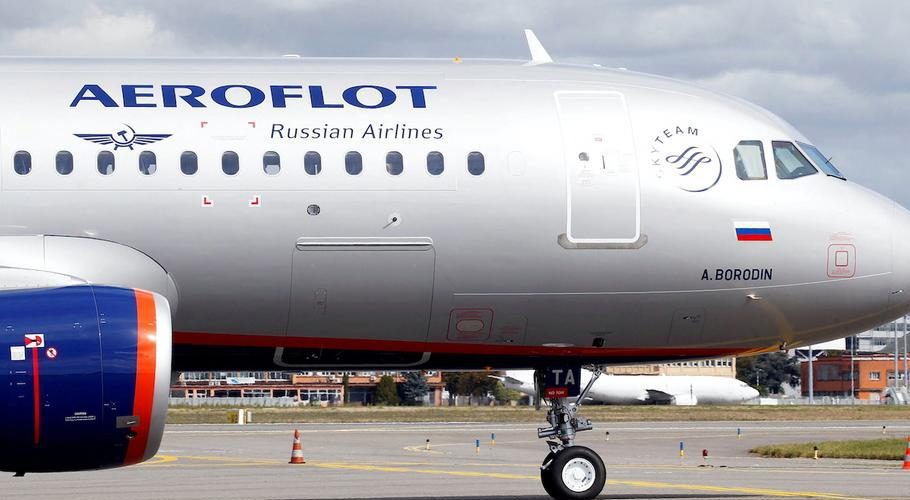WASHINGTON: The United States will follow the European Union and Canada in banning Russian flights from its airspace, President Joe Biden said, in a move likely to trigger Russian retaliation.
“I am announcing that we will join our allies in closing off American airspace to all Russian flights, further isolating Russia and adding an additional squeeze on their economy,” Biden said in his State of the Union address. The White House had held extensive talks with US airlines about the issue in recent days. The ban will take effect by the end of Wednesday.
United Airlines and United Parcel Service (UPS) said they had suspended flying over Russian airspace, joining other major US carriers Delta Air Lines and American Airlines . Russian flights were already effectively barred from US destinations for the most part in recent days because of bans on the use of Canadian and European airspace.
Some foreign governments had privately questioned why the United States did not move faster to ban Russian planes. The European Union had said on Tuesday that it was speaking to US counterparts about extending the ban after the EU’s closure of airspace to Russian aircraft imposed after Moscow’s invasion of Ukraine. Airlines already face potentially lengthy blockages of key east-west flight corridors after the EU and Moscow issued airspace bans.
Global supply chains will face increasing disruption and cost pressure from the closure of the skies which will affect over a fifth of air freight. Russian carriers will be hardest hit, making up approximately 70% of the flights between Russia and the EU.
Transport between Europe and North Asian destinations like Japan, South Korea and China is in the front line of disruption after reciprocal bans barred European carriers from flying over Siberia and prevented Russian airlines from flying to Europe.
Germany’s Lufthansa, Air France, KLM, Finnair and Virgin Atlantic have already cancelled North Asian cargo flights over closed access to airspace. Major Asian carriers like Korean Air Lines and Japan’s ANA Holdings are still using Russian airspace, however, as are Middle Eastern airlines.
Russian airlines are also feeling the pinch with airline Pobeda, state airline Aeroflot’s low-cost carrier, facing requests from a number of leasing companies to return their planes. Pure cargo carriers like Russia’s AirBridgeCargo Airlines and Luxembourg’s Cargolux are subject to the bans in a move that could send air freight rates soaring further.
In December, air cargo rates were 150% above 2019 levels, according to the International Air Transport Association. Sanctions imposed on Russia in the wake of its Ukraine invasion are expected to further disrupt global supply chains.



































